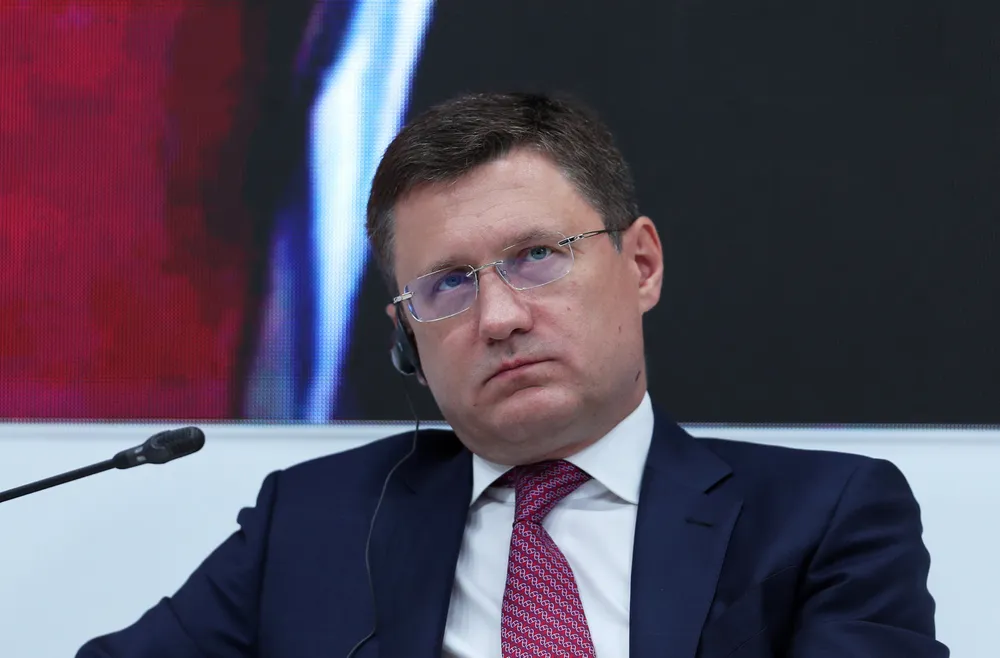Russia to add 154 million barrels of oil as Opec+ ceiling adjusted
Kremlin optimistic on ability of Russia's oil producers to recover output to pre-Covid-19 levels without new tax incentives and privileges

Kremlin optimistic on ability of Russia's oil producers to recover output to pre-Covid-19 levels without new tax incentives and privileges
